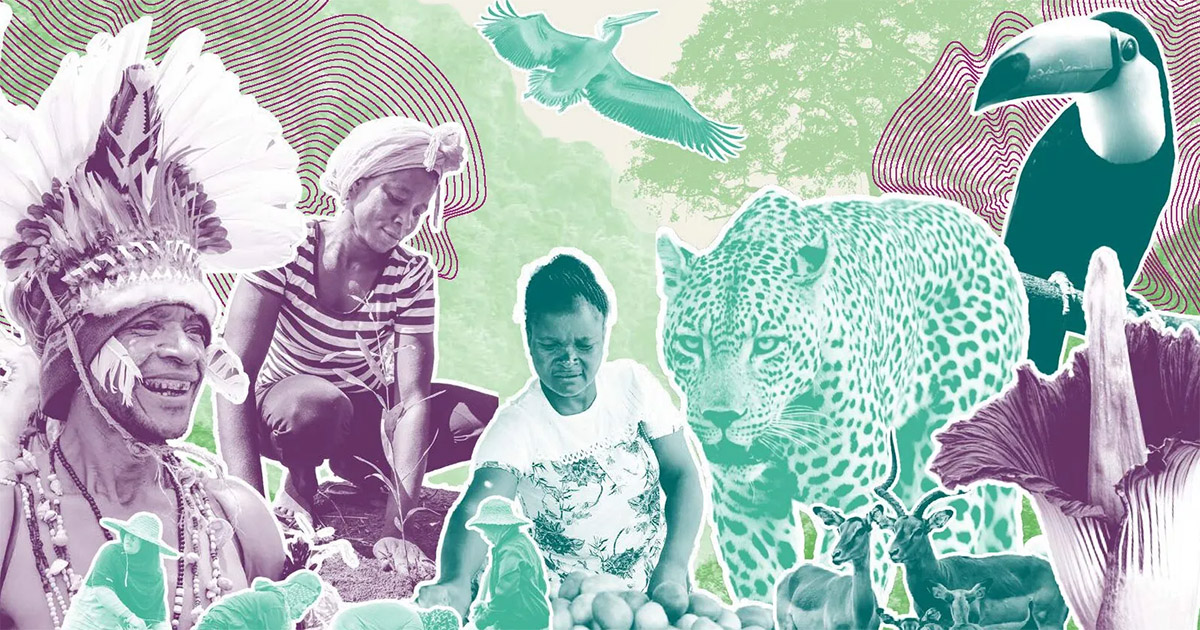American foulbrood (AFB) is a cosmopolitan disease affecting both larval and pupal stages of honey bees. There are considerable doubts about the true status of AFB in Africa and there is, indeed, some evidence that sub-Saharan Africa, until recently, was largely free of AFB. Requirements for honey imports into South Africa are governed by a concern for the potential introduction of AFB. The study describes a cost effective and simple methodology for science-based trade in honey from Swaziland into South Africa that complies with the guidelines developed by the World Organisation for Animal Health (OIE).
DOI:
https://doi.org/10.3896/IBRA.1.50.4.05
Dimensiones Recuento de citas:


















